Sweeteners that end with -ol
Do you know what else ends with -ol? Alcohol. But what does alcohol do with sweeteners? Why are they called sugar alcohol? What are sugar alcohols?
Well, basically not much; but scientifically it is about their chemical formula. Sugar alcohols are a mixture of alcohol and sugar molecules. They don’t contain ethanol(like beer, wine, etc) so you won’t get drunk consuming them. They don't contain sugar so you won't get energy from them.
Sugar alcohols almost always are less sweet than regular sugar. So you need to be aware of that when calculating calories and their effects on your blood glucose level since you will need to use more of them.
Here’s a list of common sugar alcohols on the market:
Erythritol
Erythritol's sweetness is similar to table sugar, about %20 less sweet. It is also used as filler replacing unhealthy maltodextrin in mini packages. So when you see stevia or monk fruit on a package, it most probably is filled with either erythritol or maltodextrin. Its glycemic index is 0 so it won’t affect your blood sugar.
As it cannot be digested, it will cause bloating and gas especially if consumed in large quantities. However, smaller doses it is just fine for most people.
The taste has this cooling effect, making it a very good choice for cold food and beverages.
It can be used in baking as it is stable in higher temperatures, only up to about 330, and it will not brown or thicken. So baking a cake is certainly possible, however many other recipes call over 350F or higher so check to see if your recipe can handle less than 330. It gives this cold artificial feeling in baked goods, you can overcome this by adding cinnamon or black pepper if the recipe can handle it. Adding a bit of cinnamon or even black pepper to a brownie will give you surprisingly wonderful results.
It is suitable for KETO, low-carb, and diabetic diets.
Xylitol
Xylitol is as sweet as table sugar so it can be used one-to-one in that sense. It also can be used in baking however I found it to have a particular drying effect.
It has a slight effect on blood glucose level, it is certainly much less than regular sugar but still has an effect. Most importantly, when calculating net carbs you cannot simply remove the entire xylitol amount as you do with others, you may deduce only half of it. If you’re not aware of it, it will kick you right out of ketosis.
Similar to other sugar alcohols, it will cause digestive issues.
It is a bit tricky for Keto Dieters, it could be OK in low quantities.
Isomalt
This product has been used for many years by cake decorators as you can create amazingly clear and glass-like cake decorations with it. It is about half the sweetness of sugar and may seem half the calories but you need to use twice the amount so it has the same calories and same carb amount as sugar. Its glycemic index for the same sweetness is about one-third of table sugar.
All in all, isomalt should only be used as a nice ingredient in cake decorations only. The digestive problems it causes amount to ridiculous levels. If you really want to test it, do it on a weekend that you have no other plans.
Definitely NOT an option for KETO or low-carb dieters.
Mannitol
It is not very commonly used in food production and is actually a medication. It also is used to sweeten medications. In large quantities (like to sweeten a cake or candy) it has serious side effects, and those side effects are not as simple as diarrhea. It can cause heart rhythm problems, electrolyte imbalances, and kidney problems. It should NOT be considered an option in baking or cooking. Its glycemic index is low and it’s about half as sweet as sugar.
NOT OK for any dieters.
Maltitol
It is close to table sugar in sweetness and its glycemic index is more than half of regular sugar. When you consume it, say in a cake, its effect on your blood glucose level is like eating half of that cake. When used in syrup form its effect on blood glucose is the SAME as table sugar, while in powder form is less so.
For Keto dieters, this is NOT an option. Having zero calories and zero carbs but jumping your blood sugar is one of the worst things you can do to your metabolism, and your body is going to react in many ways including insulin resistance.
As a result, you have to be careful about sugar-alcohol sweeteners. Unfortunately, many so-called 'keto snacks' or 'keto candies' are not actually keto-friendly just because of the sugar-alcohol they use as a sweetener. Your best option is the sweets that use natural sweeteners like Allulose, Stevia, and/or Monk Fruit. As you know our favorite keto sweets are Allulose chocolates.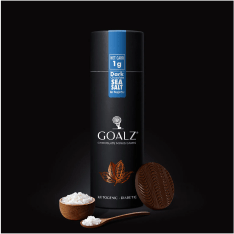
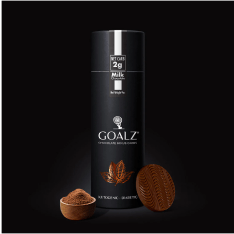
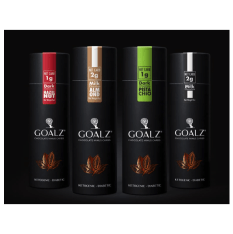
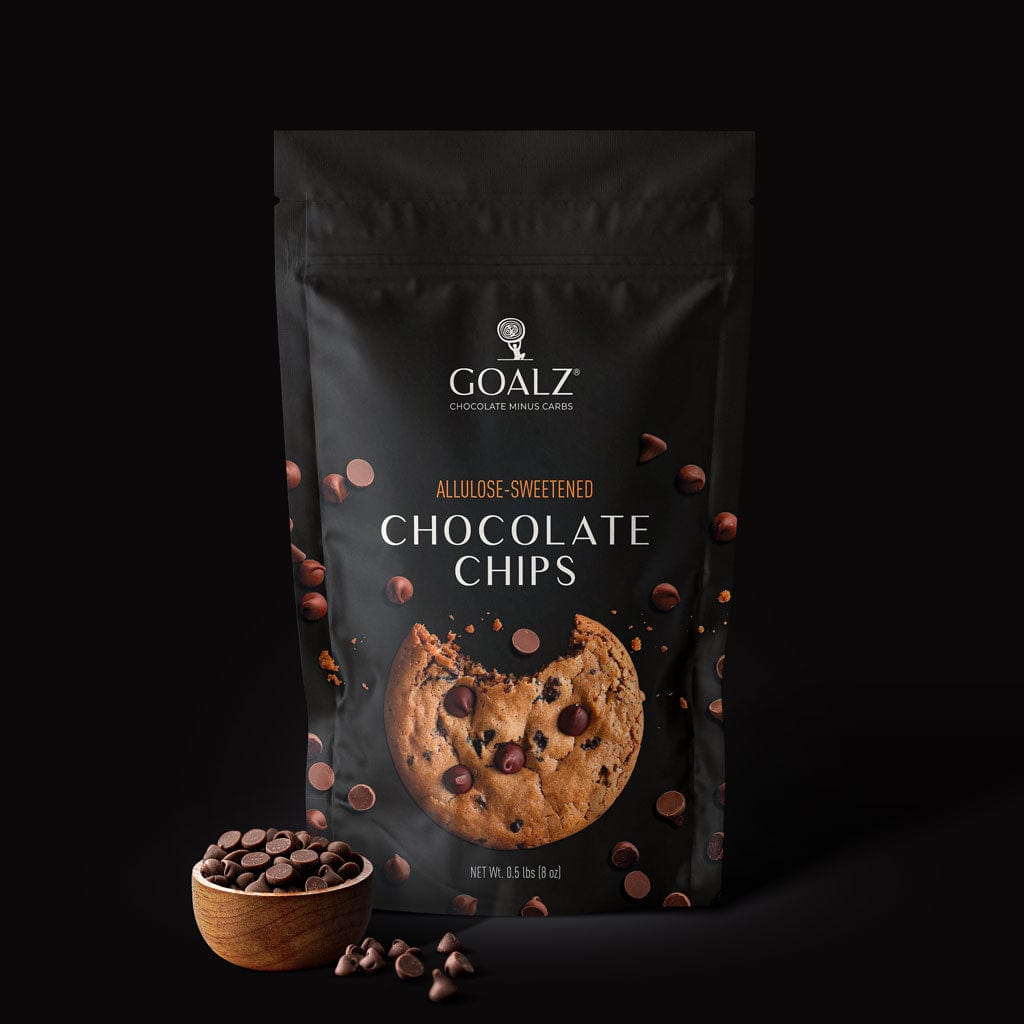
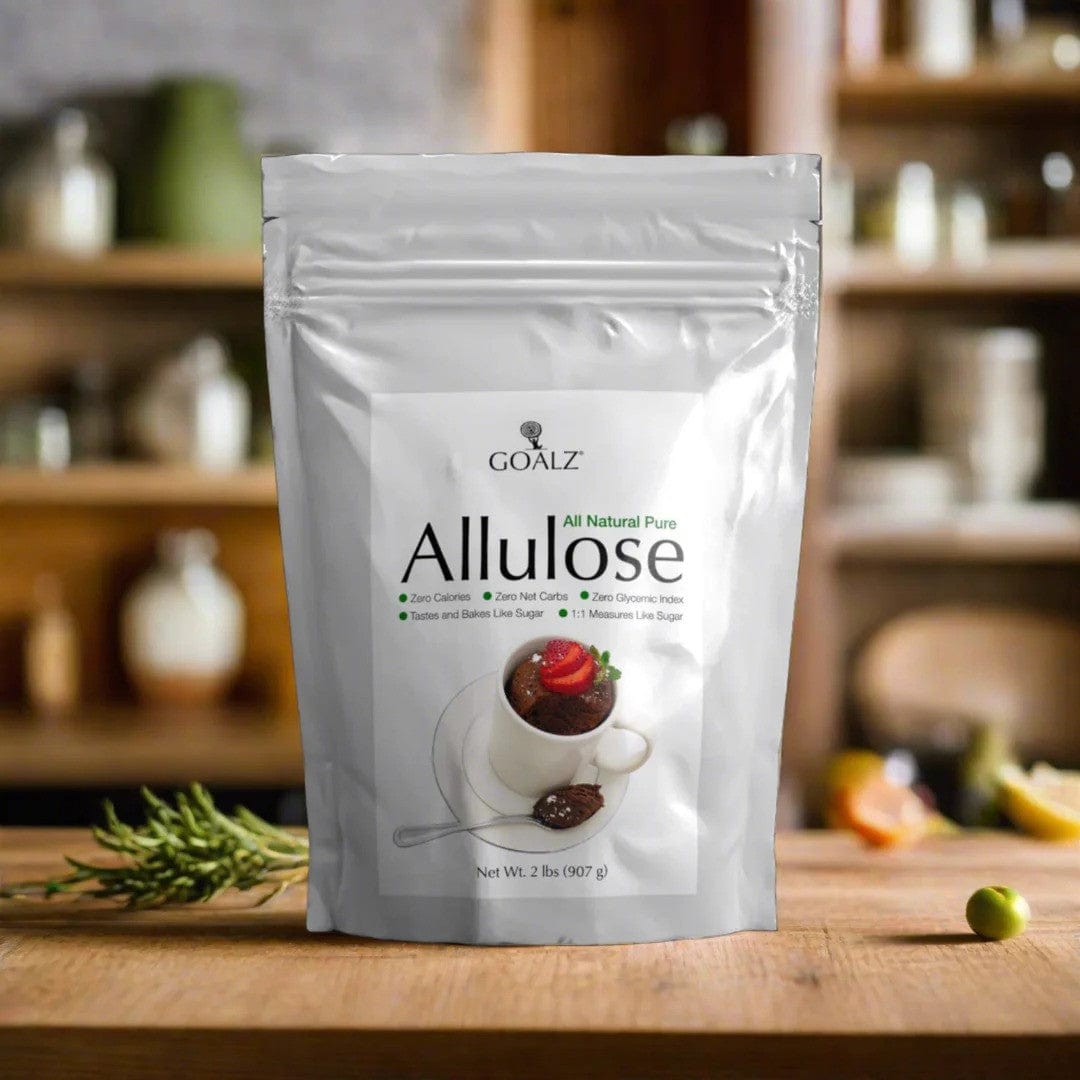
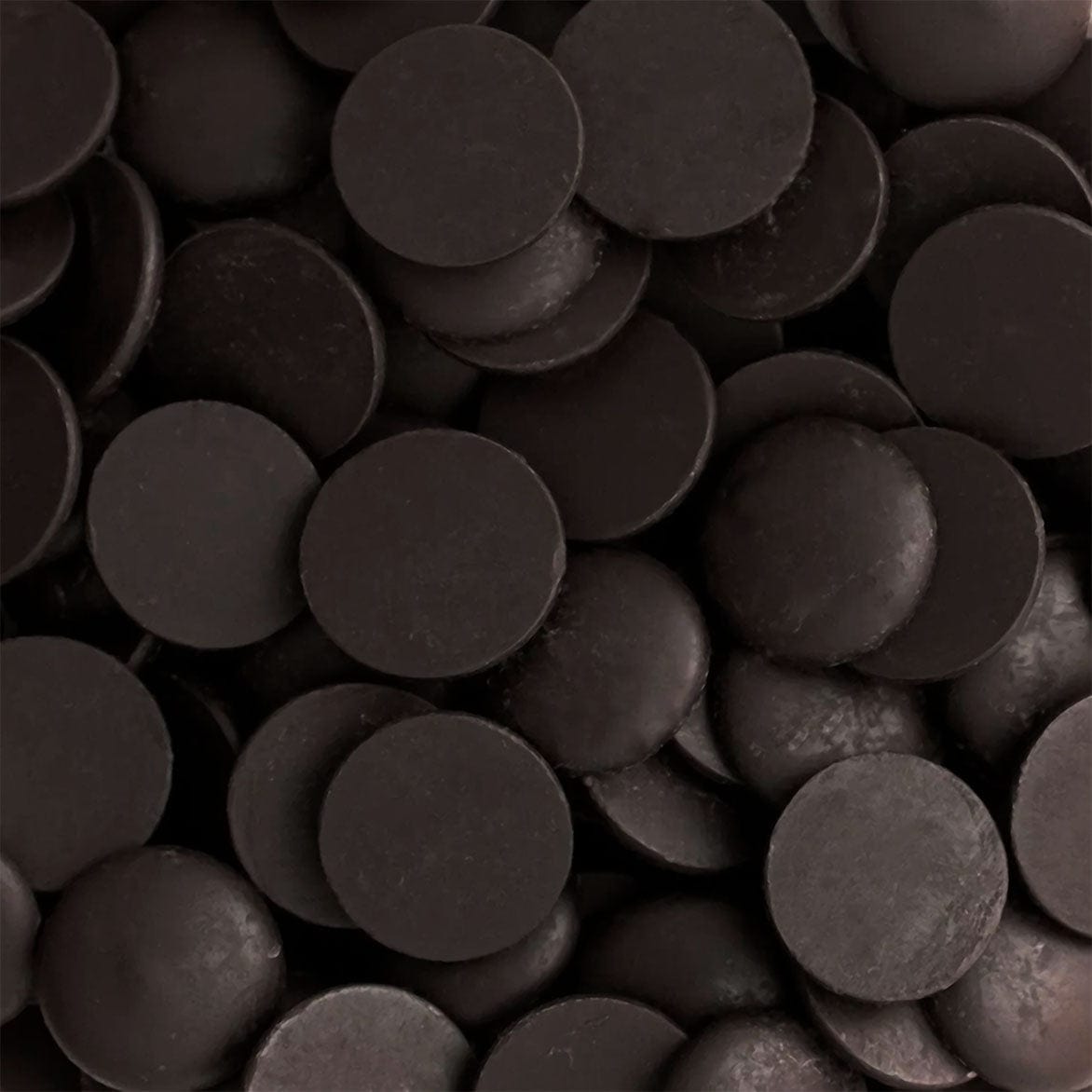



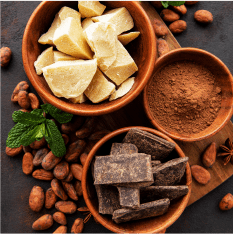
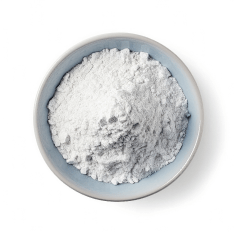

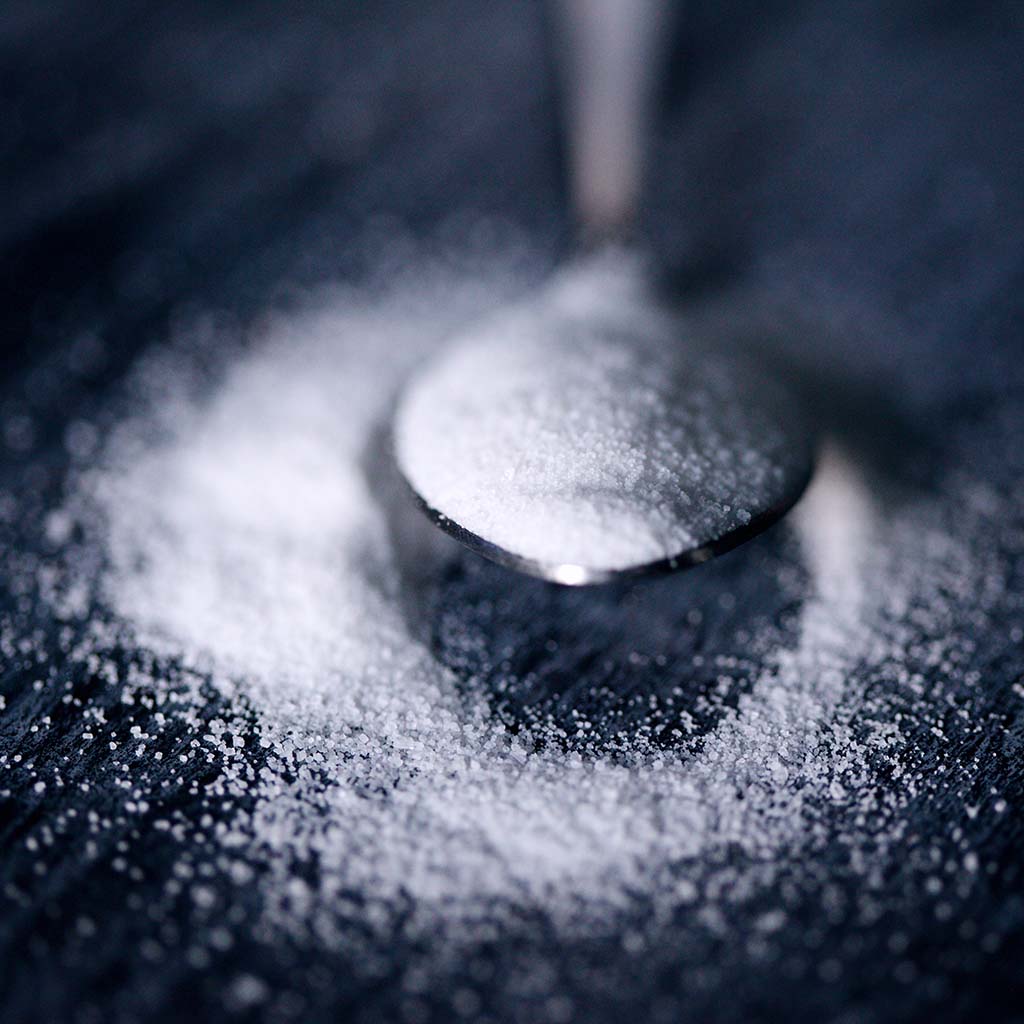
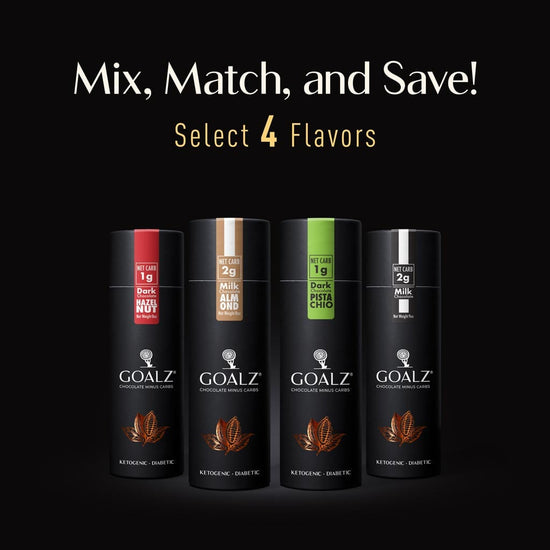

I am curious about Monk fruit sweetner. I have settled on the mix of Monk and allulose but not happy all the time with the taste of baked goods. I use liquid Monk for things like whipped cream annd my yogurt and I like it but haven’t tried just the granular for baking. Can you address the two separate and then mixed? Thanks.
Leave a comment